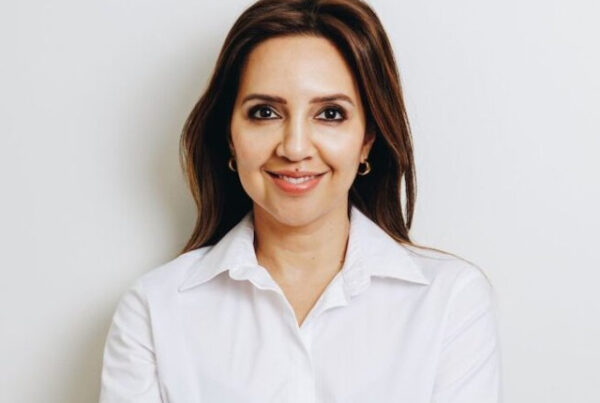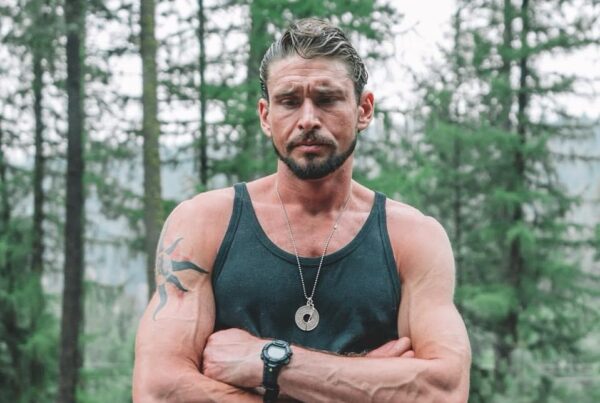Today, more than 3.5 billion working adults around the world will each spend roughly 90 000 hours – or about 45 years – of their lives at work. As we mark Corporate Wellness Week (1–5 July), I find myself reflecting on the rising tide of workplace burnout here in South Africa – a trend that is affecting more people, and at younger ages, than ever before.
Burnout In South Africa
According to the South African Depression and Anxiety Group (SADAG), as many as one in three employees in the country are impacted by burnout. It’s a condition deeply linked to ongoing, unmanaged stress, and I’ve seen firsthand how it quietly chips away at the health and well-being of colleagues, friends and loved ones.
Burnout isn’t simply a case of being overworked. It’s a state of emotional, physical and mental exhaustion brought on by prolonged stress. Whether it originates in the workplace or from personal issues, such as illness or family strain, burnout can disrupt sleep, impair cognitive function and increase the risk of depression. It doesn’t happen overnight. It builds slowly, often masked by a veneer of productivity – where people push harder, skip breaks, sacrifice rest – all in the name of performance, until eventually their health begins to unravel.
Who’s Burning Out?
While burnout can strike anyone, those in high-stress professions like healthcare and emergency services are especially at risk. Long hours, emotional intensity and little time for recovery take their toll. A global survey conducted earlier this year by the McKinsey Health Institute and the World Economic Forum revealed that women, LGBTQI+ individuals, younger workers, neurodivergent people, and those facing financial pressures were disproportionately affected. They reported significantly poorer health outcomes at work.
In our local context, these risks are intensified by the unique pressures South Africans face – high unemployment, loadshedding, economic uncertainty and deteriorating infrastructure – all of which create a breeding ground for stress to escalate into burnout.
Younger adults, especially those in their 20s and 30s, have entered the workforce during an especially volatile time. Many are navigating disrupted education and careers, financial instability and weakened social networks in a hyper-digital world. It’s no surprise that younger generations are more likely to report feeling overwhelmed, isolated and unable to function effectively due to stress. Financial worries, in particular, loom large – nearly 70% of 18–44-year-olds report feeling consumed by them.
While technology has revolutionised how we work, it has also made it harder to switch off. The expectation to be always available – constantly checking emails or replying to messages after hours – is driving prolonged exposure to stressors. This “always-on” culture is a major contributor to burnout.
Putting Out The Fire
So, what can we do?
From my perspective, addressing burnout requires both individual and organisational change. Here are a few personal practices that I’ve found helpful and that I encourage others to consider:
- Set boundaries: Define work hours clearly. Avoid responding to work communications outside these times.
- Digital detox: Create a space in your day to disconnect from screens. Take a walk, read a book, listen to music.
- Talk about it: Whether with friends, family or professionals, opening up about stress is vital. You’re not alone.
- Live well: Exercise regularly, eat healthily, sleep enough. These basics go a long way in building resilience.
- Practise mindfulness: Whether it’s meditation or deep breathing, taking moments to pause helps regulate stress.
Employers have a critical role to play too. A supportive work environment – one that encourages regular breaks, values employee wellbeing and recognises achievements – goes a long way in preventing burnout.
There’s also a compelling business case: the same McKinsey research found that investing in employee health drives better productivity, lower absenteeism, reduced healthcare costs and stronger employee engagement. A healthy workforce is a resilient, high-performing one.
Takeaway
Burnout may be invisible at first, but its effects are deeply felt – in our homes, our relationships, and our work. It’s time we stopped glorifying overwork and started prioritising mental resilience. Corporate Wellness Week offers us an opportunity – not just to raise awareness, but to truly reflect and reset.
Let this be a turning point, where we begin to foster healthier work habits, more sustainable expectations and a culture of care. Not just for ourselves, but for those to follow.



![women [longevity live]](https://longevitylive.com/wp-content/uploads/2020/01/photo-of-women-walking-down-the-street-1116984-100x100.jpg)










